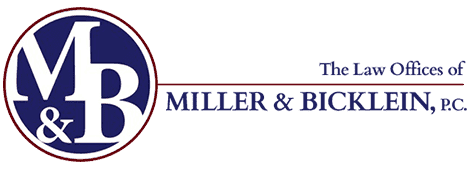Liability claims are all about assigning who is to blame. In the case of truck accidents in San Antonio, that may seem fairly obvious: the truck driver. Yet given that driving their semi-trucks and tractor-trailers is a function of truckers’ employment, one then might ask if the companies that employ them might be responsible, as well. In some cases, this may be a moot point, as some truckers operate as independent contractors who contract with motor carriers. Yet in those cases where a driver is employed by a carrier, the question should be asked in the wake of a collision.
The legal principle of respondeat superior maintains that employers can be held responsible for the actions (even negligent actions) of their employees. Yet according to the Cornell Law School, there is no nationwide standard governing the application of this principle. It states that different states apply various testing methods to determine if respondeat superior is applicable to a case. One of these is the characteristics test, which rules that if an action is associated closely enough with the general duties of one’s employment, then it is deemed to be a common characteristic of that job and thus part of an employer’s expectations of an employee.
Texas’ stance on respondeat superior shows that it follows the characteristics test. A 2007 State Supreme Court ruling stated that “Under the theory of respondeat superior,…an employer may be vicariously liable for the negligent acts of its employee if the employee’s actions are within the course and scope of his employment.” Thus, if a truck accident occurs as a driver is in the process of completing a scheduled route, state law would allow accident victims to assign liability to the driver’ss employer.
